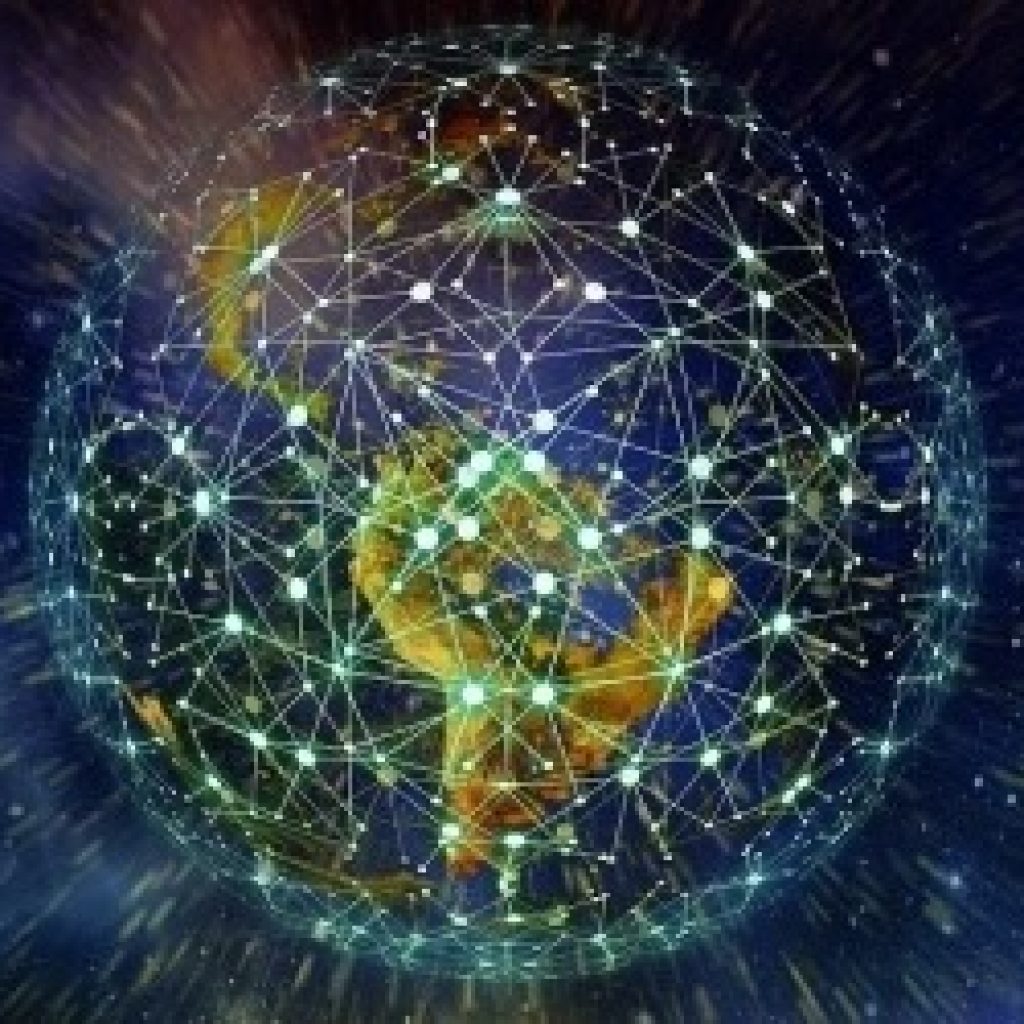(Physics.org) Researchers in a lab at Aarhus University have developed a versatile remote gaming interface that allowed external experts as well as hundreds of citizen scientists all over the world to optimize a quantum gas experiment through multiplayer collaboration and in real time. Entitled the Alice Challenge, the parameters from the experts and citizen scientists were sent through an online cloud interface and turned into experimental sequences in real-time. After conducting the experiment, results are returned through the same cloud interface. The efforts of both teams dramatically improved upon the previous best solutions established after months of careful experimental optimization. Comparing domain experts, algorithms and citizen scientists is a first step towards unraveling how humans solve complex, natural science problems.
Robert Heck and colleagues gave experts and citizen scientists live access to their ultra-cold quantum gas experiment. This was made possible via a novel remote interface created by the team at ScienceAtHome of Aarhus University. By manipulating laser beams and magnetic fields, the task was to cool as many atoms as possible down to extremely cold temperatures just above absolute zero at -273.15°C. This so-called Bose-Einstein condensate (BEC) is a distinct state of matter (like solid, liquid, gas or plasma) that constitutes an ideal candidate for performing such things as quantum simulation experiments and high-precision measurements.
Quantum Science Turns Social
